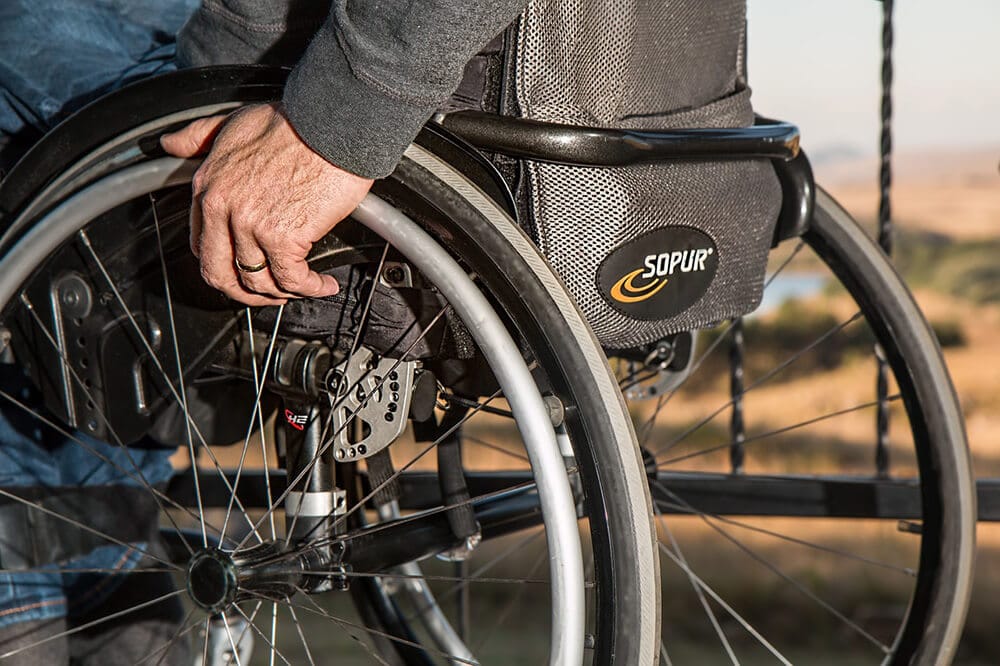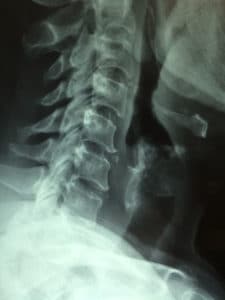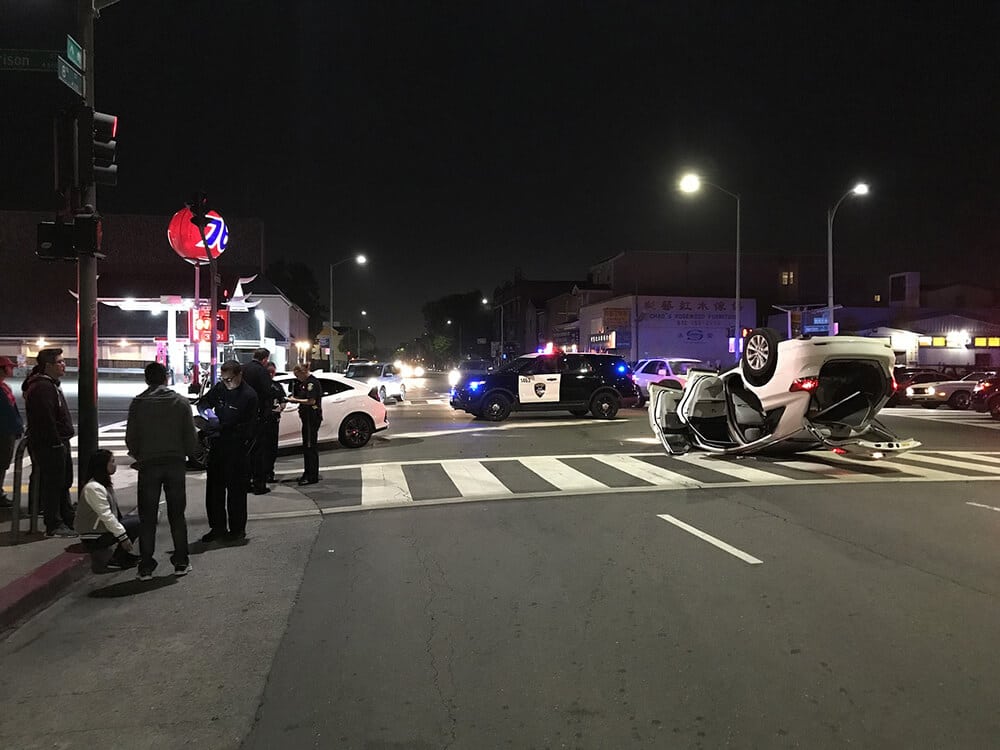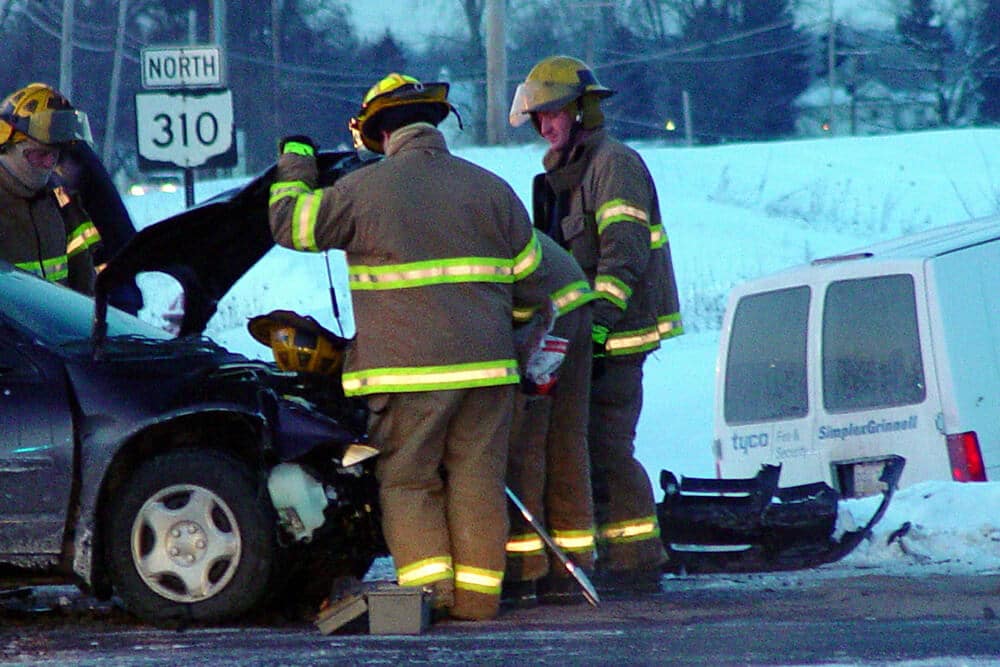Claims against Maryland EMTs and paramedics for improper medical care are extraordinarily difficult due to a law known as the “Fire and Rescue Act” that providers emergency medical responders limited immunity from claims for medical negligence. In order to obtain recovery, the patient must present evidence that the first responders were guilty of “gross negligence.” Our courts have defined gross negligence as a conduct that represents a “wonton and reckless disregard for human life.” This is the same standard required in negligent homicide cases brought against criminal defendants who lack the intent to kill but whose conduct is so reckless as to expose them to liability for homicide should their conduct cause someone’s death.
Alan J. Belsky and Thomas X. Glancy, Jr. of the firm have now prevailed twice in such a case and are pleased to report the details of their hard-fought victories in the case of Estate of Butler v. Stracke.
Their first victory came in the form of a jury verdict against Baltimore City Fire Department EMTs Joseph Stracke and Paramedic Stephanie Cisneros against whom the jury awarded $3.7 million in March 2017. That verdict was overturned by Baltimore City Trial Judge Althea Handy who deemed the evidence of gross negligence insufficient despite the jury’s conclusion that the evidence was sufficient.
Their second victory came on October 1, 2018 when the Maryland Court of Special Appeals reversed the trial judge’s decision and ordered that the jury’s verdict be reinstated. In so ruling, the appeals court found “substantial evidence of gross negligence. The court’s ruling is summarized below:
On March 2, 2011, Kerry Butler Jr. (Mr. Butler), a 28-year-old man, suffered a heart attack after waking up. As instructed, his wife, Crystal Butler (Ms. Butler), called 911 to report the event and seek emergency medical attention. When the medics arrived, Ms. Butler claimed they showed up without a medic bag or stretcher. They did not ask questions about Mr. Butler’s symptoms or medical history, and Butler was made to walk to the ambulance. The medics’ report contradicted the wife’s report.
Per the 911 call, the medics were aware they were being dispatched to respond to chest pain; however, they did not follow proper protocol and concluded Mr. Butler was stable in the ambulance. Mr. Butler was taken to Harbor Hospital, where he later suffered a heart attack and passed away. As a result, Mr. Butler’s estate filed a suit against the City and the medics involved, alleging gross negligence (i.e. acting with wanton and reckless disregard for others) due to their emergency response.













